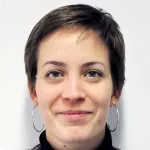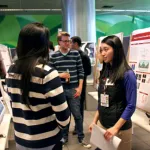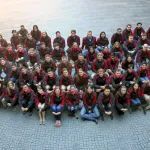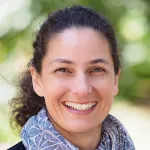CANCELED: Frontiers in Quantitative Biology Seminar
Frontiers in Quantitative Biology Seminar
HARRIS WANG, COLUMBIA UNIVERSITY
The Wang lab applies synthetic and systems biology approaches to design and build new microbes with novel capabilities, leveraging both engineering and evolutionary principles. They are interested in developing platform technologies and using them to answer fundamental biological questions. Their research interests include: genome engineering; human microbiome; synthetic ecosystems; evolution and epistasis; and new genetic codes.










